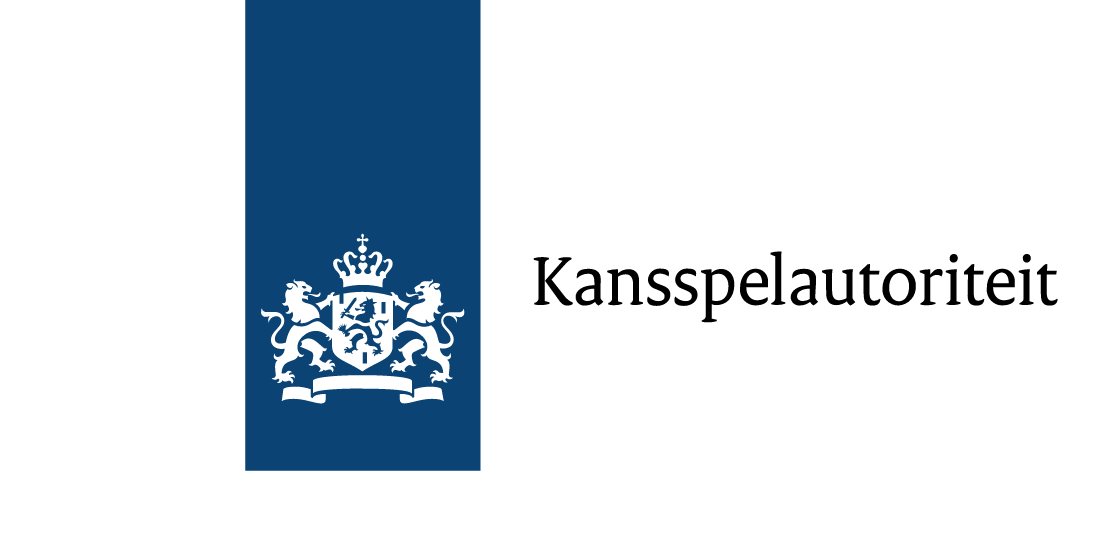Dutch Gambling Regulator Sets New Dates for Responsible Gaming Policy Implementation
The Dutch gambling authority, Kansspelautoriteit (KSA), has announced revised implementation dates for its new Responsible Gaming Policy, following a need for extended stakeholder feedback.

Originally slated for May 2024, the policy changes will now begin rolling out on June 3, with further amendments scheduled for October 2024.
Extended Feedback Leads to Revised Timelines
The KSA decided to delay the implementation to allow more time for industry stakeholders to comment on the proposed changes.
This decision came after an unexpectedly high volume of feedback on the policy enhancements, which are primarily aimed at bolstering the duty of care that online providers must offer to their players.
Phased Implementation Approach
The policy updates will be implemented in two phases. The bulk of the amendments will take effect on June 3 and will be officially published in the Government Gazette.
However, specific regulations related to the analysis and recording of playing behavior and the required interventions will not be enforced until October 1, 2024.
Preparation for Providers
Acknowledging the significance of the changes, the KSA has indicated that the articles concerning these upcoming regulations may be slightly modified based on stakeholder responses.
Consequently, online gaming providers are being given sufficient time to make the necessary adjustments in their information and communication technology (ICT), policies, and personnel structures.
KSA’s Ongoing Commitment to Safe Gaming
Earlier this year, the KSA outlined a new supervisory agenda under its ‘Safe Gaming’ mission, which aligns with public objectives focused on strengthening player protection.
This agenda forms a part of the KSA’s 2020-2024 Strategy and highlights four key areas of potential risk for 2024: duty of care/addiction prevention, combating illegal online offerings, supporting partners, and ensuring compliance with data provision regulations.
